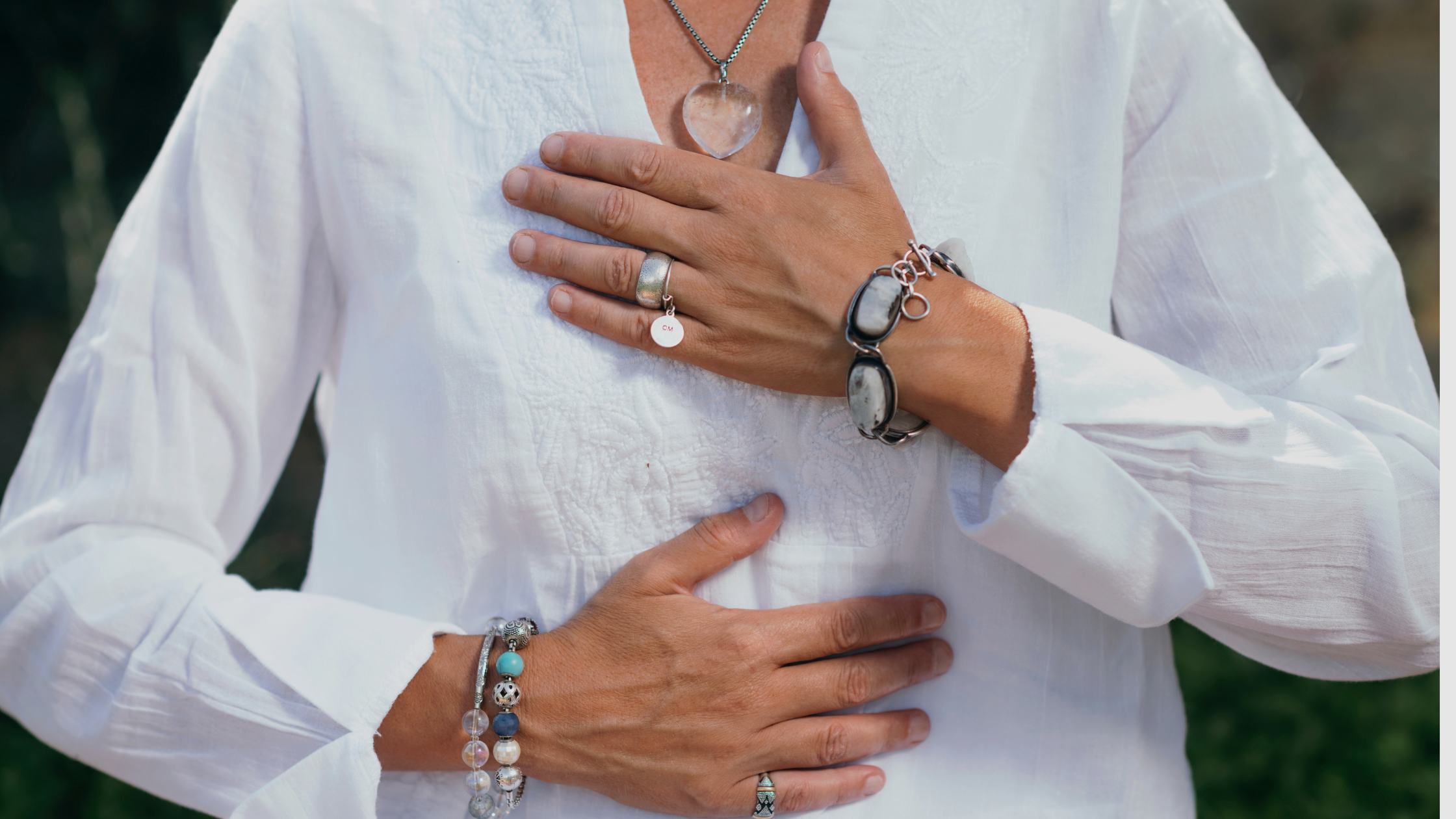
Did you know that stress resilience plays a crucial role in preventing osteoporosis and its progression? Most doctors tout the need for exercise and added calcium, but from a Functional Medicine view, the role of stress is greatly underrated and one of the keys to protecting your bone density.
If you’ve never heard of “stress resilience”, let me explain. It’s the ability to adapt well in the face of adversity and trauma. It is how your body’s ability to respond to stress without ending up stuck in a “fight or flight” mode. And yet, more than bouncing back from difficult situations, it’s about maintaining mental and emotional wellbeing during and after those situations. Essentially, it’s the process of adapting to challenges and stressors, and emerging stronger from them.
Well, this stress resilience is connected to your bone density.
Let’s Start at the Beginning: What is Osteoporosis?
Osteoporosis is a condition where your bones have lost enough density to put you at a higher risk for having a fracture. Ultimately, fracture is the biggest concern and the end game is to prevent you from breaking any bones if you were to fall.
Osteoporosis affects millions worldwide and is often referred to as a “silent disease” because it progresses without symptoms until a fracture occurs. Prevention and early detection are critical to keep your bones strong as you age.
Most people have the impression that bones are static, or fixed and never-changing. This is the opposite of the truth.
The fact is that bones are a metabolic organ that are always breaking down, and the cells that do that are known as the osteoclasts. And, bone is also always building back up, and the cells that do that are your osteoblasts. The balance between the activity of your osteoblasts and your osteoclasts are what determine whether or not your bone builds or breaks down. Our goal is to increase the blast activity and decrease the osteoclast activity to help your bones build. This is how we improve bone density using functional medicine. We lean into the dynamic nature of bone metabolism by improving this critical balance.
How Stress impacts Your Bone Health
Emerging research shows that chronic psychological stress is associated with the onset of osteoporosis. The big question is: How can this be? To answer this, we’ve got to look a little deeper.
Stress, mostly through the actions of the hormone cortisol, can create inflammation, affect changes in your endocrine system and your hormone health. Stress can also activate your sympathetic nervous system, which basically keeps you on high alert. And beyond the physiological detriments, stress often negatively impacts behavioral and lifestyle habits. For instance, you might drink more alcohol, eat more sugar, stop exercising (or overexercise), smoke a cigarette or two. You might even find yourself sleeping more or experiencing insomnia.
Here’s a look at some of the specific impacts that stress puts on your bones:
Osteoblast and Osteoclast Balance: Stress influences that delicate balance of osteoblasts and osteoclasts, which are, as discussed above, critical for bone formation and remodeling. Chronic stress can lead to reduced osteoblast activity, which decreases your ability to build bone. And, to add insult to injury, stress increases osteoclast activity, which leads to bone reabsorption, basically where old or damaged bone gets removed from the body. Remember, when osteoblast and osteoclast activity are not in balance, this leads to an increased risk of osteoporosis.
Hormonal Changes: When you are under the influence of chronic stress, the body releases various hormones that influence bone metabolism, including your stress and sex hormones. For instance, the stress hormone, cortisol, negatively impacts your bone health by interfering with calcium absorption, accelerating bone breakdown and hindering bone formation. Your sex hormones, estrogen and testosterone, also take a hit and are important in maintaining your bone density. So important, in fact, that falling estrogen is often erroneously cited as the root cause of osteoporosis. Read Why Taking More Calcium Won’t Fix Your Bone Loss (And What Actually Will) to learn more about the root cause/s of osteoporosis
Behavioral and Lifestyle Changes: Right now, today, you have the power to positively influence your bone health. What is your stress level? Do you deal with chronic low-grade stressors? That could be family issues, health issues, financial difficulties. You may be so used to them, that you don’t even notice them on a day-to-day basis. But, Improving your resilience in the face of stressors is crucial to building and maintaining your bone density.
Here are 6 ways you can reduce the impact of stress on your bones:
Simplify your schedule. If you are struggling with a chronic condition, like osteoporosis, it is a cry for help from your biological system. Give yourself time and space to renew and rebuild the resilience that you are lacking. Open space in your week to just be. Ask yourself honestly, “Where can I slow down?”
When I first begin working with a new client who is go-go-go, their immediate answer is, “I can’t slow down.” Go-go-go is a habit, and habits can change. If this is you, you might start with, “Where can I carve 5 minutes out of my day to do deep breathing?” That’s a great place to start.
Find time for sleep. Make sure you are prioritizing shut eye. Create a bedtime routine that is relaxing and supportive – take a bath, sip some tea, read a pleasant book. Avoid screens two hours prior to bed and help the whole family get on board. Doing things with support makes them much easier!
Make room for movement. I’m a big proponent of “start slow.” You don’t need to add a strenuous exercise routine right away unless you find that that helps your pain. To start, just make a plan to have a short walk outside, or put down your yoga mat and gently stretch and move your body. Consider a yoga or tai chi class for meditative movement. Even 10 minutes each day has benefits. And, 10 minutes six days a week is more impactful than 60 minutes on the weekend. Your body and brain crave consistency. Check out How to Build Bone Density with Exercise for specific fitness recommendations to build bone density.
Book a massage –- or other bodywork -– for pain relief and stress reduction. Acupuncture, craniosacral, myofascial release are all good options to check out. Breathe and let go!
Explore mindfulness meditation — This can be as simple as listening to a guided meditation on an app or with our Learn to Relax Toolkit. You can also find a class, such as Mindfulness Based Stress Reduction (MBSR) in your area and start a daily practice. Or, you can simply make time to take deep, cleansing breaths throughout your day — setting a reminder is a great way to make sure you remember to do it!
Consider therapy — The stress and trauma from past experience sometimes holds us back from being able to let go of tension in the body. Past traumatic experience can lead to increased pain and function in autoimmune disease, and addressing it can lead to improved symptoms.
Ready to address your bone health? Make an appointment with Melissa Rapoport, MA, CFMC in our BoneStrong 6-month program. Walk tall knowing you are reducing your likelihood of fractures and living a vibrant, active life well into your “golden” years.
We’d be happy to discuss the program in more detail with you and answer any questions you may have. Please schedule a call with Melissa to learn more! SCHEDULE HERE
